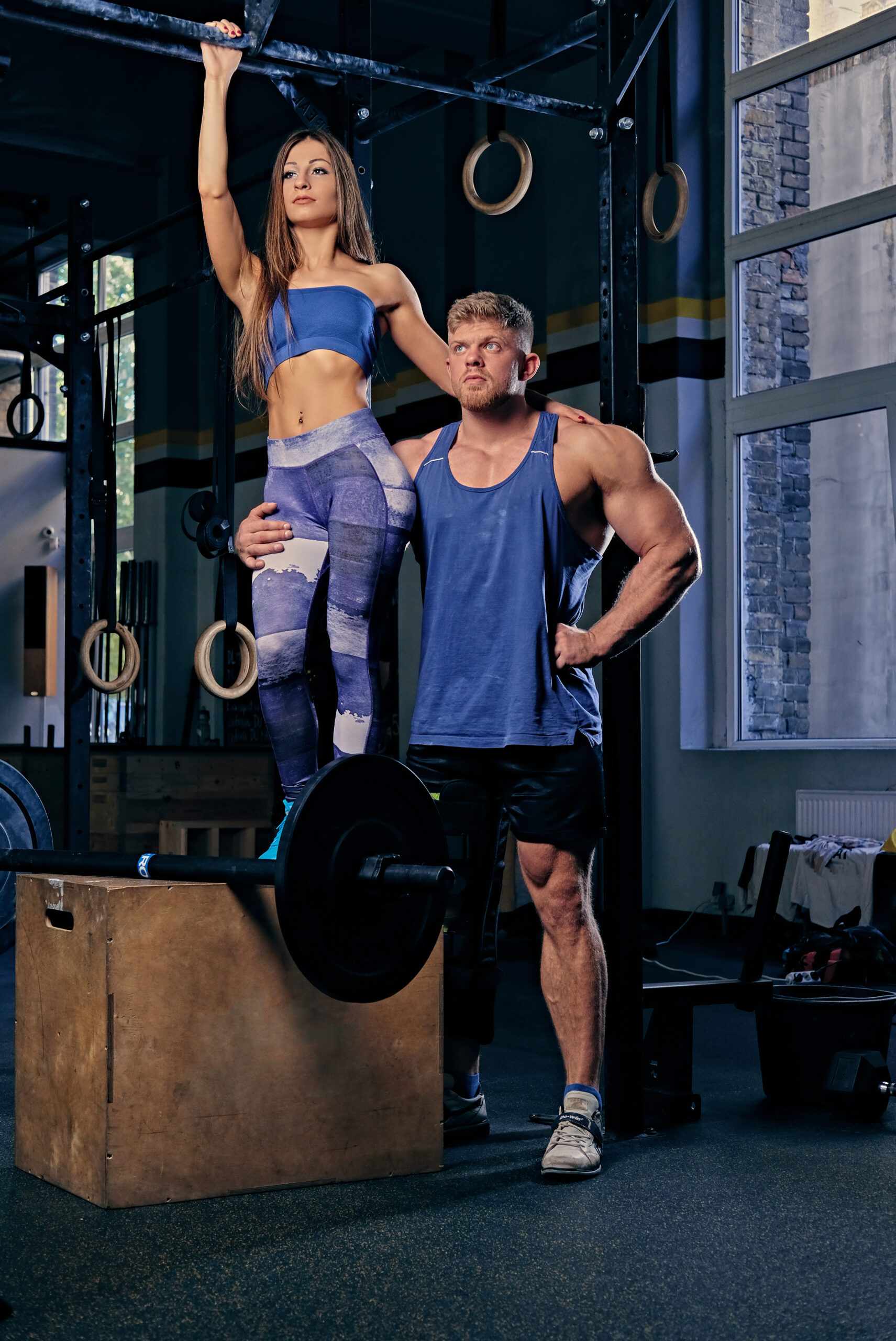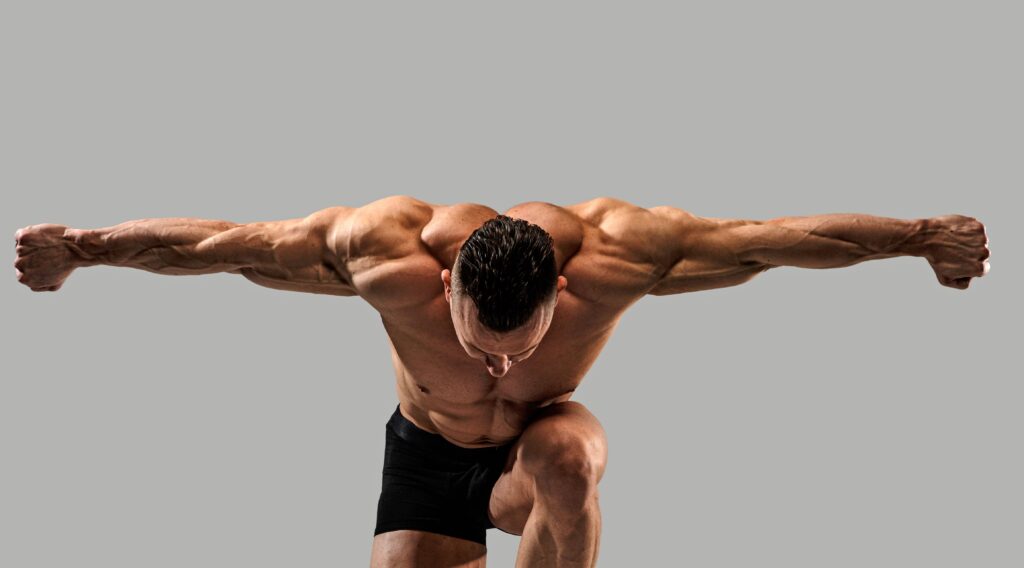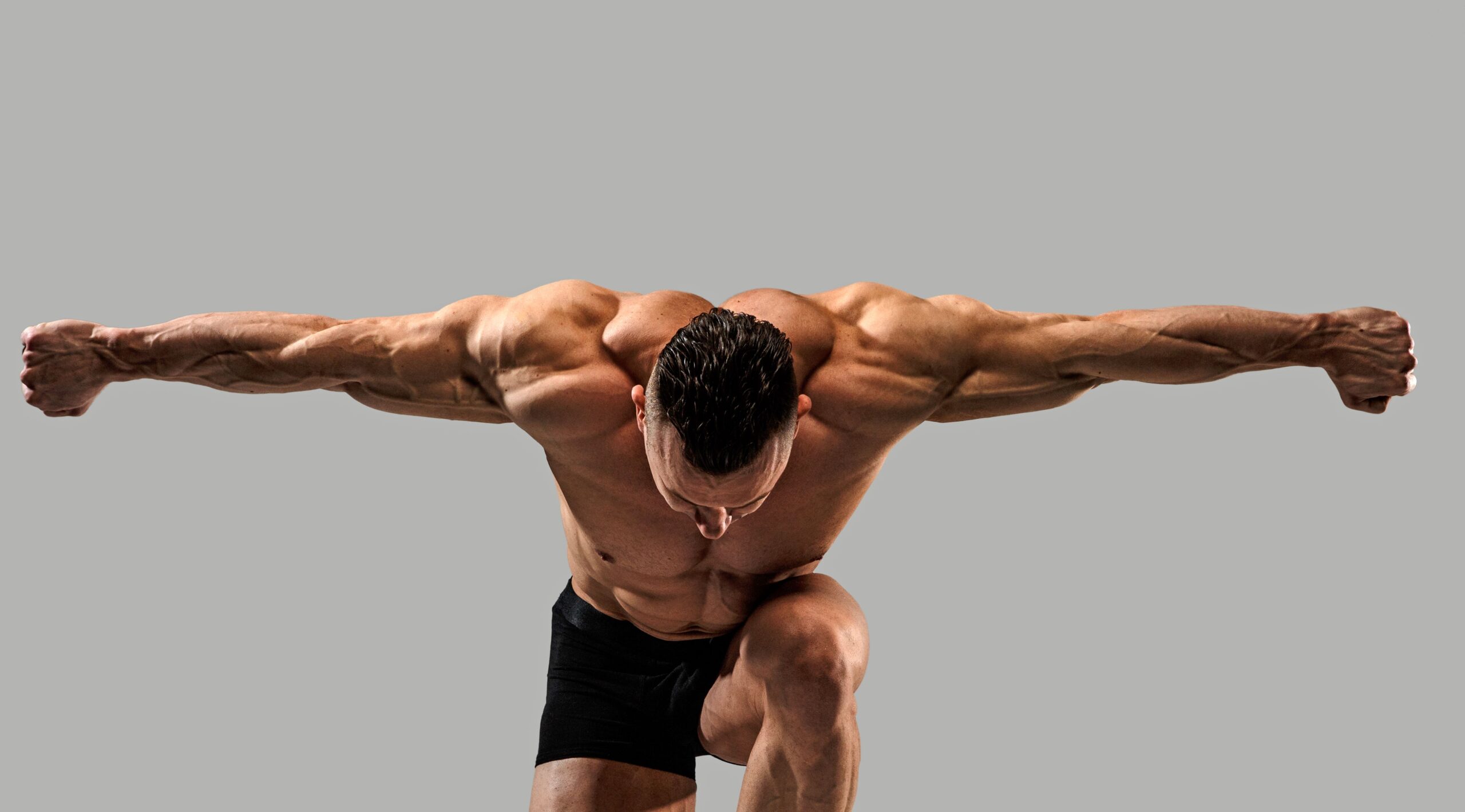Fitness for Absolute Beginners
Starting a fitness program can be challenging, but it’s important to take it slow and plan carefully. Many people give up exercising because they initially push themselves too hard and feel tired and discouraged.
If you haven’t worked out in a while, it’s best to start with a few simple exercises to avoid putting too much strain on your body.
Remember, even small amounts of physical activity can make a big difference in your progress. It’s all about creating consistent efforts and gradually building your strength and endurance.
The American Heart Association recommends 30 minutes of moderate to vigorous exercise most days of the week. Before you start any new exercise routine, it’s wise to talk to a healthcare professional, especially if you have any health concerns.
Start with low resistance and slowly increase the intensity of your workouts over time. You can do this by adding more repetitions or using light weights.
It’s also helpful to combine different exercises and challenge yourself in new ways to keep making progress. Here’s a sample workout routine you can use as a starting point if you get back into fitness after taking a break.

Weekly Schedule Overview
- Day 1: Strength Training (Upper Body)
- Day 2: Strength Training (Lower Body)
- Day 3: Cardio & Endurance
- Day 4: Flexibility & Mobility
- Day 5: Power Training
- Day 6: Active Recovery (Light Activity)
- Day 7: Rest
Daily Breakdown
Warm-Up (10 minutes daily)
- Dynamic stretches: Dynamic Warm-Up Routine
- Light cardio: 5-Minute Warm-Up
Cool-Down (10 minutes daily)
- Static stretches: Full Body Stretch Routine
- Deep breathing exercises: Breathing Exercises
Week 1-4: Building Foundations
Day 1: Upper Body Strength
- Push-ups (3 sets of 8-10 reps) – Beginner Upper Body Workout
- Dumbbell rows (3 sets of 10 reps)
- Shoulder presses (3 sets of 10 reps)
- Bicep curls (3 sets of 12 reps)
Day 2: Lower Body Strength
- Squats (3 sets of 10 reps) – Beginner Lower Body Workout
- Lunges (3 sets of 10 reps per leg)
- Glute bridges (3 sets of 12 reps)
- Calf raises (3 sets of 15 reps)
Day 3: Cardio & Endurance
- Brisk walking or light jogging (30 minutes) – Walking Workout
- Cycling or swimming (30 minutes) – Indoor Cycling Workout
Day 4: Flexibility & Mobility
- Yoga or Pilates session (30-45 minutes) – Beginner Yoga Routine
- Focus on full-body stretches – Beginner Pilates Routine
Day 5: Power Training
- Box jumps (3 sets of 8 reps) – How to Box Jump
- Medicine ball slams (3 sets of 10 reps) – Medicine Ball Slam Tutorial
- Kettlebell swings (3 sets of 12 reps) – Kettlebell Swing Tutorial
Day 6: Active Recovery
- Light activities like walking, stretching, or a gentle yoga session
Day 7: Rest
- Complete rest day to allow your body to recover
Week 5-8: Increasing Intensity
- Increase weights for strength training exercises
- Add intervals to cardio sessions (e.g., 1-minute sprint, 2 minutes walk)
- Incorporate more challenging yoga poses for flexibility
Week 9-12: Advanced Progression
- Incrementally increase weights and reps for strength exercises
- Longer cardio sessions with varied intensity
- Advanced power exercises like plyometric push-ups and burpees
Tips for Success
- Listen to your body: If you feel tired, rest a day extra.
- Stay hydrated and maintain a balanced diet to support your training.
- Track your progress: Keep a journal of your workouts, noting improvements and areas needing attention.
Here’s a comprehensive 12-week fitness program for absolute beginners. It includes strength, flexibility, power, endurance, rest days, and warm-up and cool-down routines.
Weekly Schedule Overview
- Day 1: Strength Training (Upper Body)
- Day 2: Strength Training (Lower Body)
- Day 3: Cardio & Endurance
- Day 4: Flexibility & Mobility
- Day 5: Power Training
- Day 6: Active Recovery (Light Activity)
- Day 7: Rest
Daily Breakdown
Warm-Up (10 minutes daily)
- Dynamic stretches: Dynamic Warm-Up Routine
- Light cardio: 5-Minute Warm-Up
Cool-Down (10 minutes daily)
- Static stretches: Full Body Stretch Routine
- Deep breathing exercises: Breathing Exercises
Week 1-4: Building Foundations
Day 1: Upper Body Strength
- Push-ups (3 sets of 8-10 reps) – Beginner Upper Body Workout
- Dumbbell rows (3 sets of 10 reps)
- Shoulder presses (3 sets of 10 reps)
- Bicep curls (3 sets of 12 reps)
Day 2: Lower Body Strength
- Squats (3 sets of 10 reps) – Beginner Lower Body Workout
- Lunges (3 sets of 10 reps per leg)
- Glute bridges (3 sets of 12 reps)
- Calf raises (3 sets of 15 reps)
Day 3: Cardio & Endurance
- Brisk walking or light jogging (30 minutes) – Walking Workout
- Cycling or swimming (30 minutes) – Indoor Cycling Workout
Day 4: Flexibility & Mobility
- Yoga or Pilates session (30-45 minutes) – Beginner Yoga Routine
- Focus on full-body stretches – Beginner Pilates Routine
Day 5: Power Training
- Box jumps (3 sets of 8 reps) – How to Box Jump
- Medicine ball slams (3 sets of 10 reps) – Medicine Ball Slam Tutorial
- Kettlebell swings (3 sets of 12 reps) – Kettlebell Swing Tutorial
Day 6: Active Recovery
- Light activities like walking, stretching, or a gentle yoga session
Day 7: Rest
- Complete rest day to allow your body to recover
Week 5-8: Increasing Intensity
- Increase weights for strength training exercises
- Add intervals to cardio sessions (e.g., 1-minute sprint, 2 minutes walk)
- Incorporate more challenging yoga poses for flexibility
Week 9-12: Advanced Progression
- Further increase weights and reps for strength exercises
- Longer cardio sessions with varied intensity
- Advanced power exercises like plyometric push-ups and burpees
Tips for Success
- Listen to your body: If you feel very tired, rest a day extra.
- Stay hydrated and maintain a balanced diet to support your training.
- Track your progress: Keep a journal of your workouts, noting improvements and areas needing attention.

You should adjust the exercises based on your comfort and progress. Consistency and discipline provide the path to a well-rounded fitness routine!
Before starting any new health and fitness program or taking supplements, it’s crucial to consult with your healthcare professional. They can provide personalized advice based on your medical history and current health status, ensuring your new regimen is safe and effective. This step helps prevent potential health risks and ensures that any changes you make are beneficial and sustainable in the long run. Your healthcare professional is your best resource for making informed decisions about your health and wellness journey.
Source:
- The Absolute Best 7-Day Workout Plan – SET FOR SET
- The Best 12-Week Powerbuilding Program for Strength & Mass – SET FOR SET
- Beginner Workouts: 100+ Free Beginner Routines – Muscle & Strength
- 12 WEEK FULL BODY WORKOUT ROUTINE FOR BEGINNERS
- Workout Schedules for Each Fitness Level – Verywell Fit
- https://www.muscleandstrength.com/
- The Best 12 Week Powerbuilding Program (With PDF) – Exercise With Style
- Complete Powerbuilding Program: Build Strength, Muscle Size and …
- 12 Week Powerlifting & Strength Program Spreadsheets – Lift Vault
- Powerbuilding Program for Beginners: Get Big & Strong + PDF – Hashi Mashi
- Complete Powerbuilding Program: Build Strength, Muscle Size and …
- 7-Day Workout Schedule of Strength and Cardio – Health
- 98 Workout Plans That Give Results – Bodybuilding.com
- Week 1 Day 1 // Full Body Workout – No Equipment
- 20 MIN FULL BODY WORKOUT – Beginner Version // No Equipment I Pamela Reif
- 20 min Fat Burning Workout for TOTAL BEGINNERS (Achievable, No Equipment)
- 12 Week Full Body Workout Routine for Beginners
- Printable 12 Week Dumbbell Workout Plan for Beginners (Free PDF)
- The Ultimate 12 Week Bodyweight Workout Plan (with PDF)
- 30 Min Beginner Strength Training at Home – Full Body Dumbbell Workout for Beginners with Weight
- 15-Minute Beginner’s At-Home Cardio Workout | Class FitSugar
- Workout Routines for Beginners: Best Full-Body Fitness Plan – Greatist
- Workout Routines Database: 1000+ Free Workout Plans – Muscle & Strength
Bing Copilot, AI software, GPT-4, partially generated this article. Endless Summer Fitness will continue experimenting with similar software; however, our author will create most articles and fitness programs.



